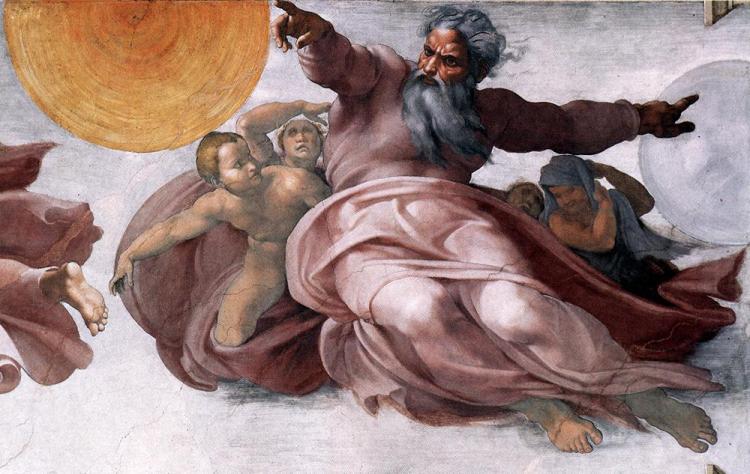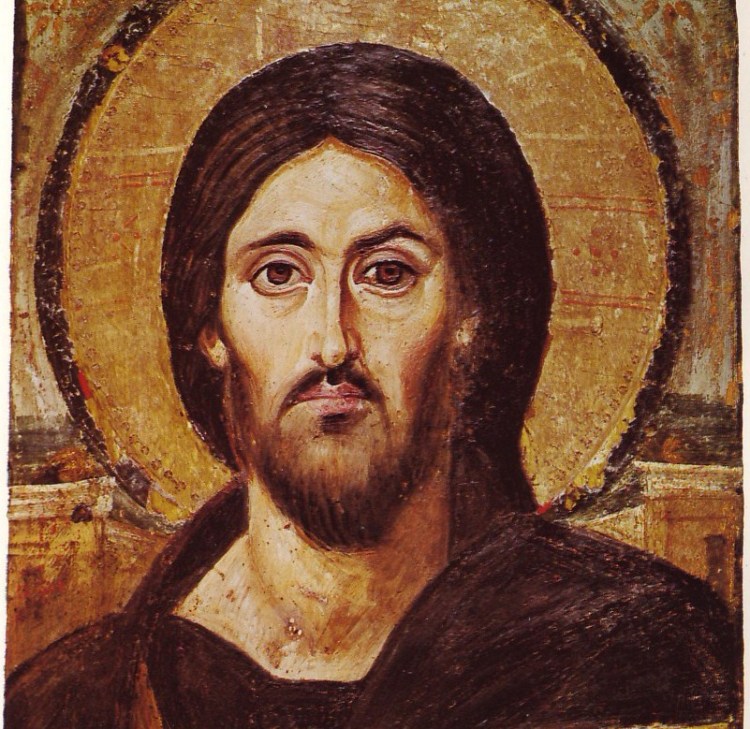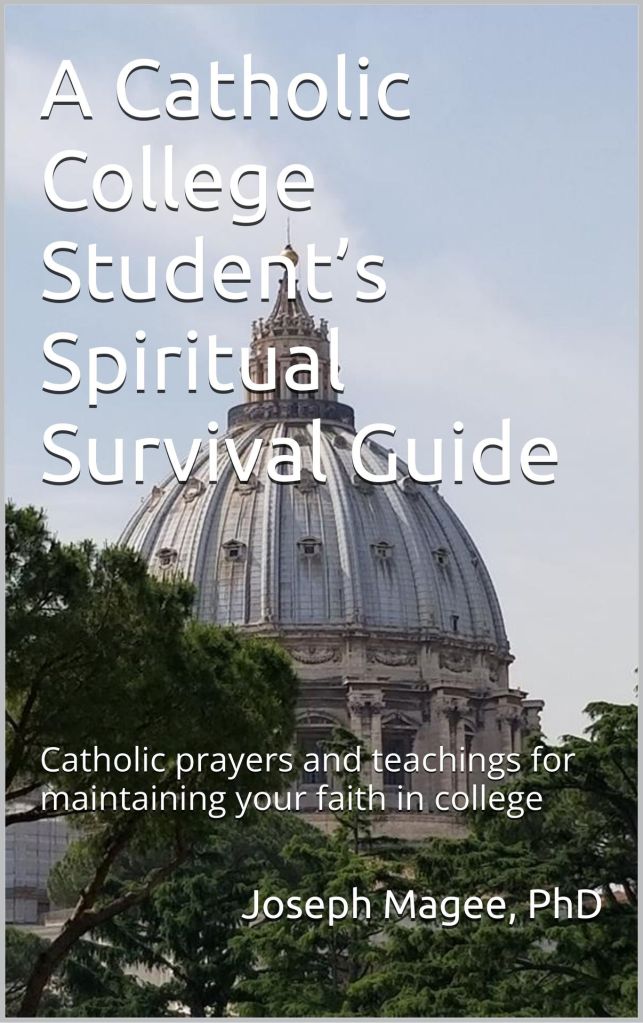
What is Thomistic Philosophy?
Thomistic Philosophy refers to the philosophical methods and principles used or inspired by Saint Thomas Aquinas (1224/5-1274), a Dominican Friar and Theologian, in his explanation of the Catholic faith. Aquinas, is most renowned for his Five Ways of Proving the Existence of God (despite providing other proofs), and therefore believed that both faith and reason discover truth, a conflict between them being impossible since they both originate in God.

Believing that reason, unaided and independent of religious faith, can, in principle, lead the mind to know the existence of God and something of his nature, Aquinas defended the use of philosophy, especially in the works of Aristotle, as legitimate and beneficial within Catholic theology.
In the 13th century in which he lived, this was quite controversial, and the fact that it may not seem so today is a testament to the ultimately positive impact that he had on the Christian Church, and on the wider intellectual world as a whole. This defense of philosophy led him to incorporate philosophical insights beyond those pertaining directly to God, and so what can legitimately be termed the philosophy of Aquinas continues to offer insights into many lingering problems in Metaphysics, the Philosophy of Mind, the Philosophy of Religion, Ethics and Politics.
Topics of Thomistic Interest
Christian Philosophy: How can someone find philosophy in the thought of a 13th century Christian theologian.
Please support the Thomistic Philosophy Page with a gift of any amount.
Logic: the Art and Science of Reasoning
- I. Logic and the Seven Liberal Arts
- II. Simple Apprehension – The Intellect’s First Act of Abstracting from Sense Experience
- III. Judgment: The Intellect’s Second Act of Composing and Dividing
- Propositions and Judgments
- Truth and Falsity
- First Principles
- Types of Propositions
- Quality
- Quantity
- Square of Opposition
- IV. Reasoning – The Intellect’s Third Act of Demonstrating
Philosophy of Nature: the Study of What Is in Matter and Motion
- I. Logical Notions
- II. Change and Motion
- The Problem of Change
- Three Principles of Change
- Accidental Change
- Substantial Change
- Motion
- The Problem of Change
- III. The Four Causes
- Material Cause
- Formal Cause
- Efficient Cause
- General Principles of Causality
- Whatever is moved, is moved by another
- Every agent acts insofar as it is in act
- Nothing causes except by an act which it possesses.
- Principle of Proportionate Causality (resemblance between cause and effects)
- Formal
- Virtual
- Eminent
- Causal Subordination
- Incidental (per accidens)
- Essential (per se)
- First Cause of Motion, Efficient Causality, and Existence
- General Principles of Causality
- Final Cause
Philosophical Psychology: the Study of Souls and Their Powers
- Body and Soul
- Soul: Kinds, Nature, and Powers
- Knowledge in General
- Specific cognitive powers
- Appetite in General
- Rational Powers
Metaphysics
- What is Metaphysics?
- Designating the Subject Matter of Metaphysics
- Essence and Existence
- Transcendental Attributes
- The Nature of Evil
- Knowledge and Love
Philosophy of Religion
- Natural Theology
- Aquinas on the Existence of God
- Web Resources on the Five Ways
- Identifying the First Cause(s) as God
- Knowing the Immanence/ Transcendence of God
- The Problem of Evil
- The Best of All Possible Worlds
- Angels
Ethics
- Natural Law
- Nature of Voluntary Action
- Principle of Double-Effect
- Freedom of the Will
- Virtues
- Justice
Political Theory
- Human Law
- Law and Virtue
- Rights
- Just War
- Tolerance
Quodlibital Questions
- St. Augustine
- Biblical vs. Thomistic God
- Capital Punishment
- Conscience
- Dualism
- Euthanasia
- Ex Nihilo, Nihil Fit (From Nothing, Nothing Comes)
- God and Evil
- Goodness and Evil
- Heavenly Bodies
- Human Knowledge of God
- Human Law
- Logic
- Ontology
- Relativism (Moral and Legal)
- Resurrected Bodies and Angels
- Robots
- Science
- Women
Lepita Dicta Hic Insere: Blog Feed – Latest Blog Post
Follow for Updates to the Thomistic Philosophy Page
Get new content delivered directly to your inbox.

Always be ready to give an explanation to anyone who asks you for a reason
for your hope, but do it with gentleness and reverence (1 Peter 3:15-16)
These are some resources explaining some basic, often misunderstood, teachings about God, Jesus and the Holy Catholic Church for anyone who wants to learn about them for themselves or to explain and defend their truth to others.
Answering Objections to God (His Existence and Nature)

- Is There Evidence that God exists?
- Argument from Contingency
(based on Aquinas’ 3rd Way) - Argument from Perfection
(based on Aquinas’ 4th Way) - Argument from Orderliness (including Science)
(based on Aquinas’ 5th Way)
- Argument from Contingency
- Does God Need to Have a Cause?
- How Can We Know a First Cause of the Universe Is God?
- Why Does a Good God Allow Evil?
- Does God’s Omniscience Mean There Is No Free Will?
- Does Science Prove There Is No God?
Answering Questions about Jesus

- Was Jesus an Historical Person or Just a Myth?
- Are the Gospels Reliable Historical Records?
- How Is Jesus the Son of God?
- Why Did Jesus Die on the Cross?
- Did Jesus Really Rise from the Dead?
- What Difference Does the Resurrection Make?
Answering Objections to the Catholic Faith
- Catholic Scriptural Reference Guide
- An extensive list of Scripture passages, arranged by topic, supporting Catholic belief and practice.
- Catholics and the Bible
- Are Catholics Saved?
- Sacraments and Baptism
- The Eucharist and Mass
- The Sacrament of Reconciliation /Confession/Penance
- Purgatory and Indulgences
- The Pope and the Magisterium
- Mary and the Saints
- What is the Immaculate Conception?
- Does the ‘Brothers and Sisters’ of Jesus Mean Mary Was Not Ever-Virgin?
- Who Are the Saints? What is Heaven?
- Confirmation
- Anointing of the Sick
- The Priesthood
- Should Catholics Call Priests ‘Father?’
- Why Are Priests Celibate?
- Why Can’t Women Be Priests?
- Catholic Teaching on Marriage and Sex
Most of these pages were developed from material contained in the free e-book Catholic College Student’s Spiritual Survival Guide, 2nd Edition. For the price of printing and shipping only, printed copies of this book can be ordered here.
Miscellaneous Questions
- Is Allah the Same as God?
- Do Catholics Believe in Evolution?
- Will There Be a Rapture?
- Is Halloween a Pagan Festival?
- Can Non-Believers Go to Heaven?
- Why Do Catholics Fast (and Do Other Acts of Self-Denial)?
